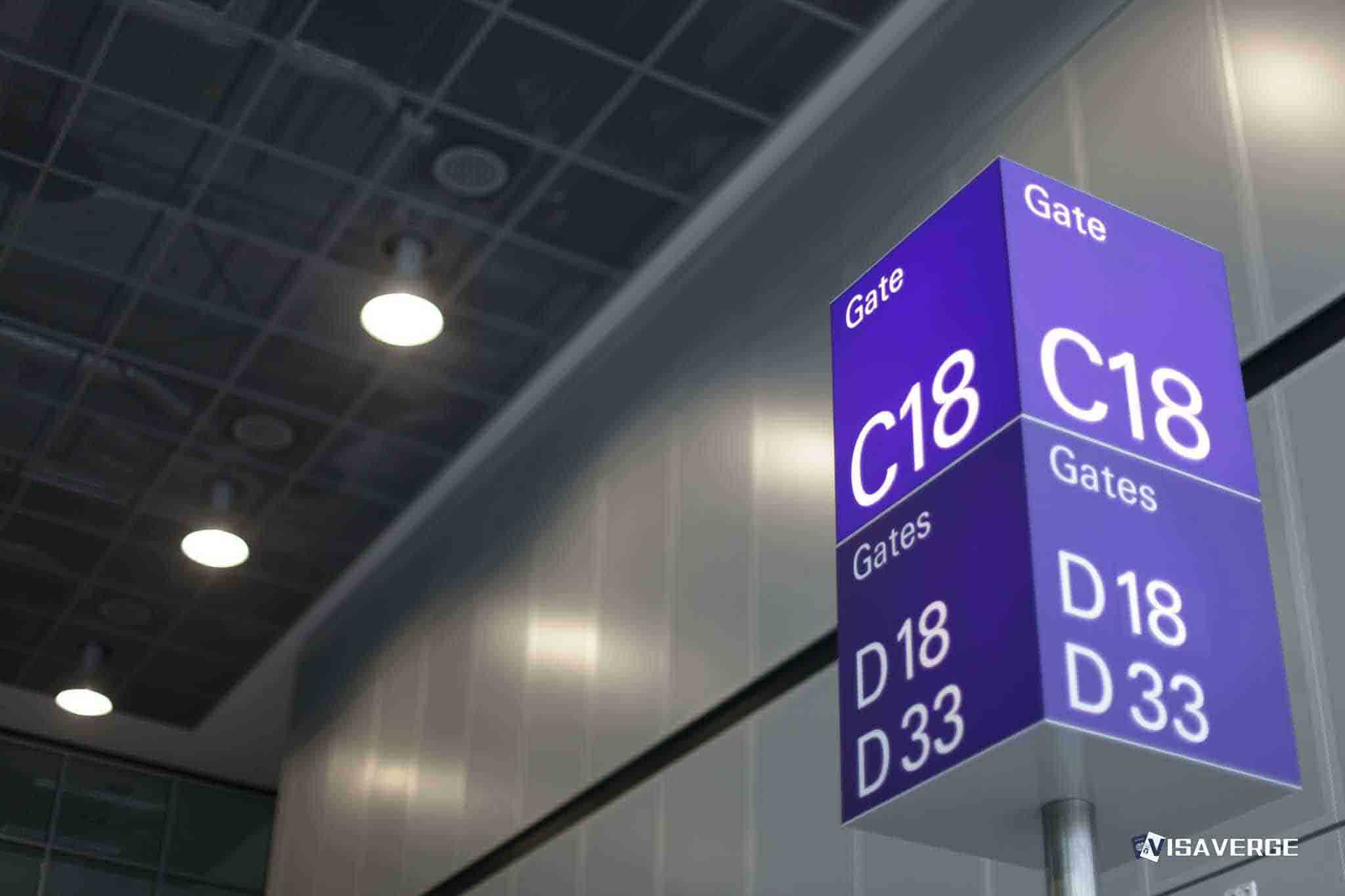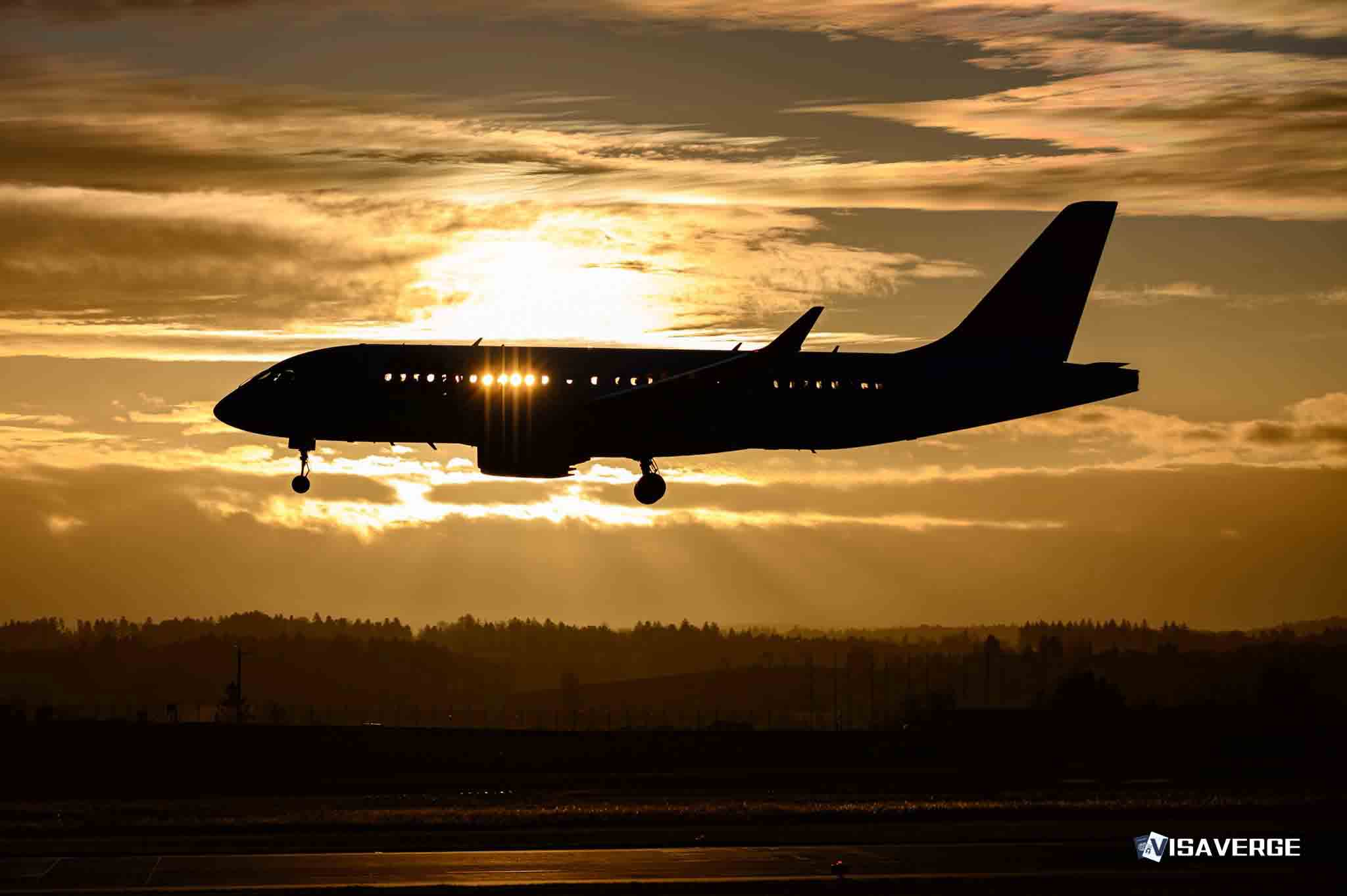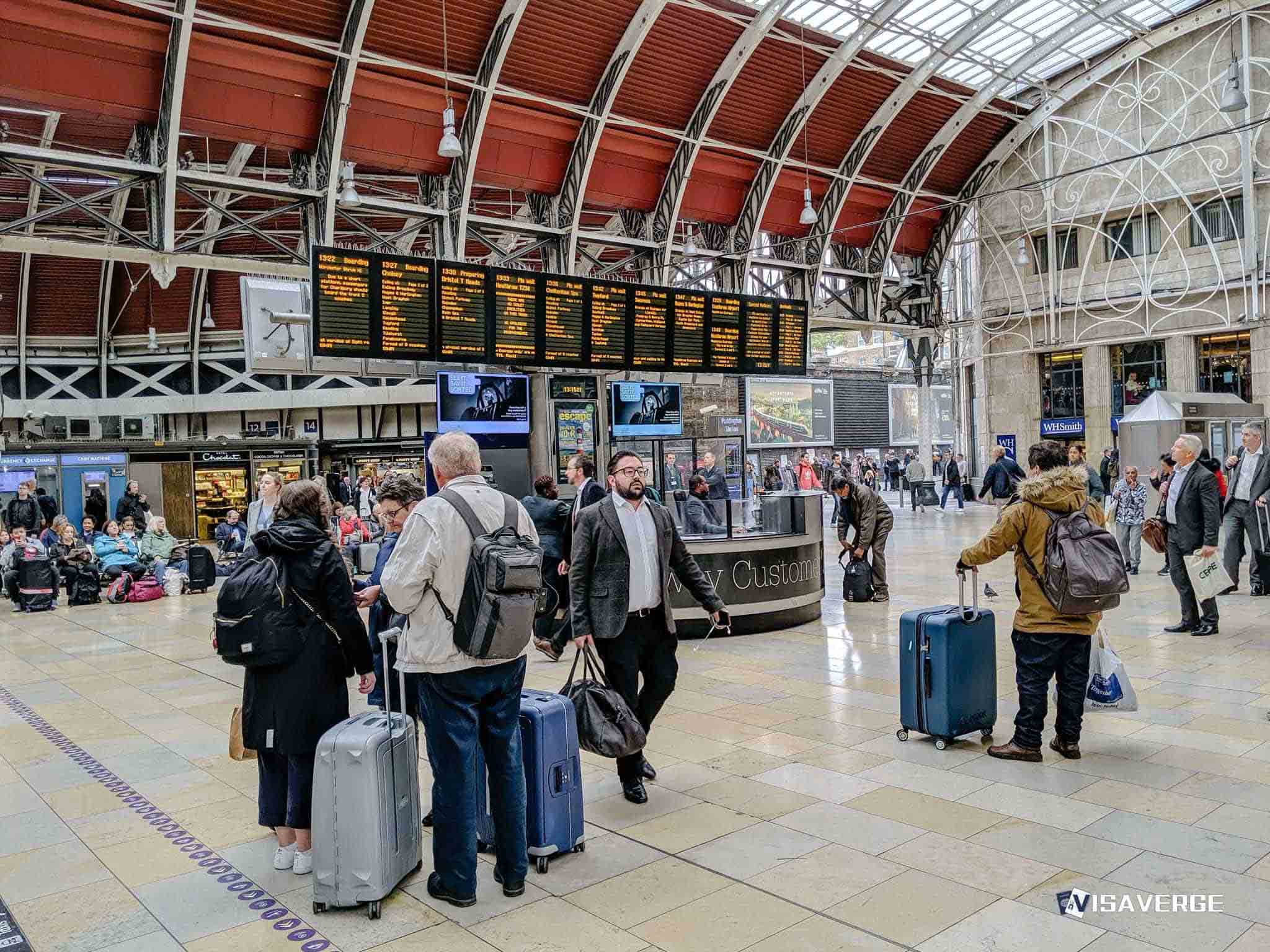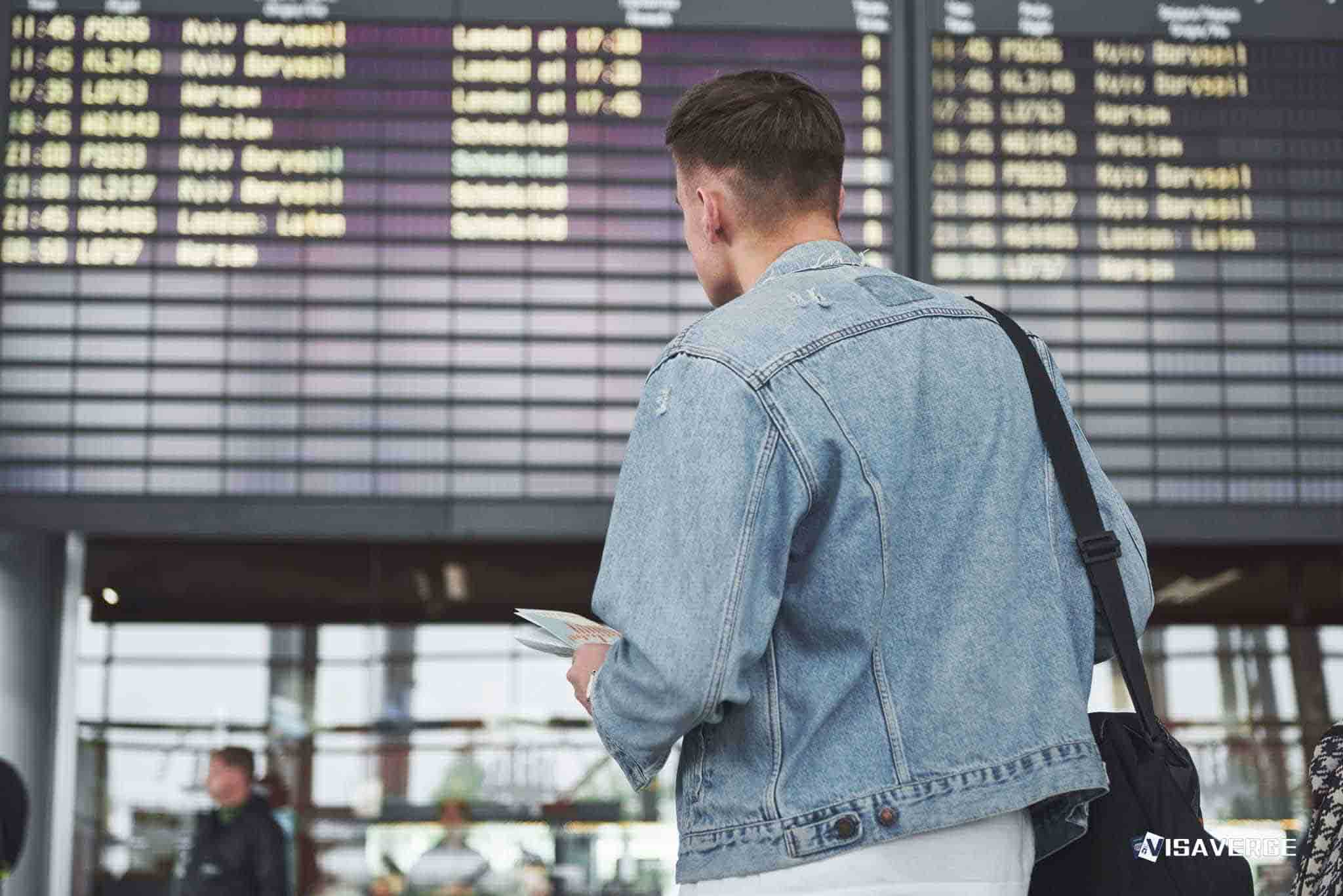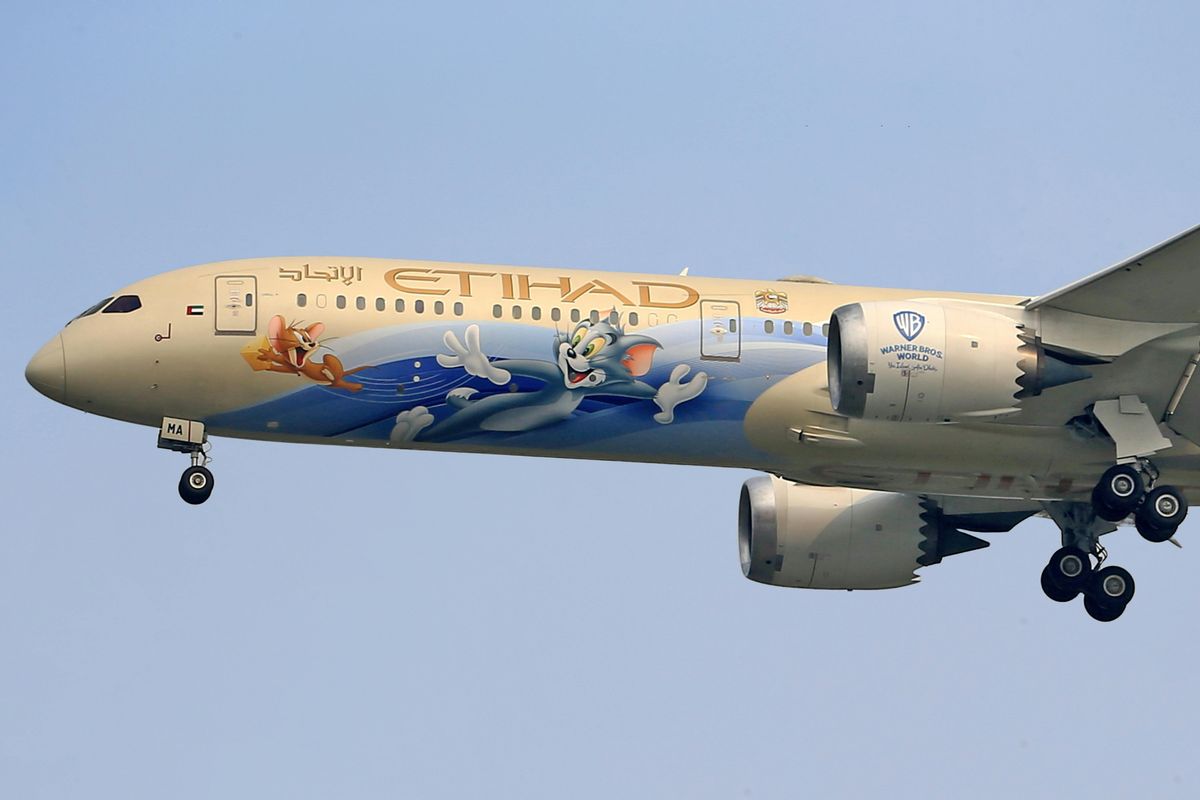Key Takeaways
• FAA fined American Airlines passenger $81,950 for aggressive behavior and safety threats on July 6, 2021.
• Passenger tried opening cabin door mid-flight, assaulted crew, leading to record-breaking zero tolerance fine.
• Incidents of unruly passengers rose sharply post-pandemic; FAA fined $1 million in six months.
A female passenger’s out-of-control actions on American Airlines Flight AA-1774 led to a new record for the highest fine ever given by the Federal Aviation Administration. This event, which took place on July 6, 2021, not only made headlines but also highlighted the growing problem of bad behavior among airline passengers, especially after air travel resumed following the pandemic. Here’s a clear and detailed look at what happened, why it matters, and what it means for everyone involved.
What Happened on the Flight
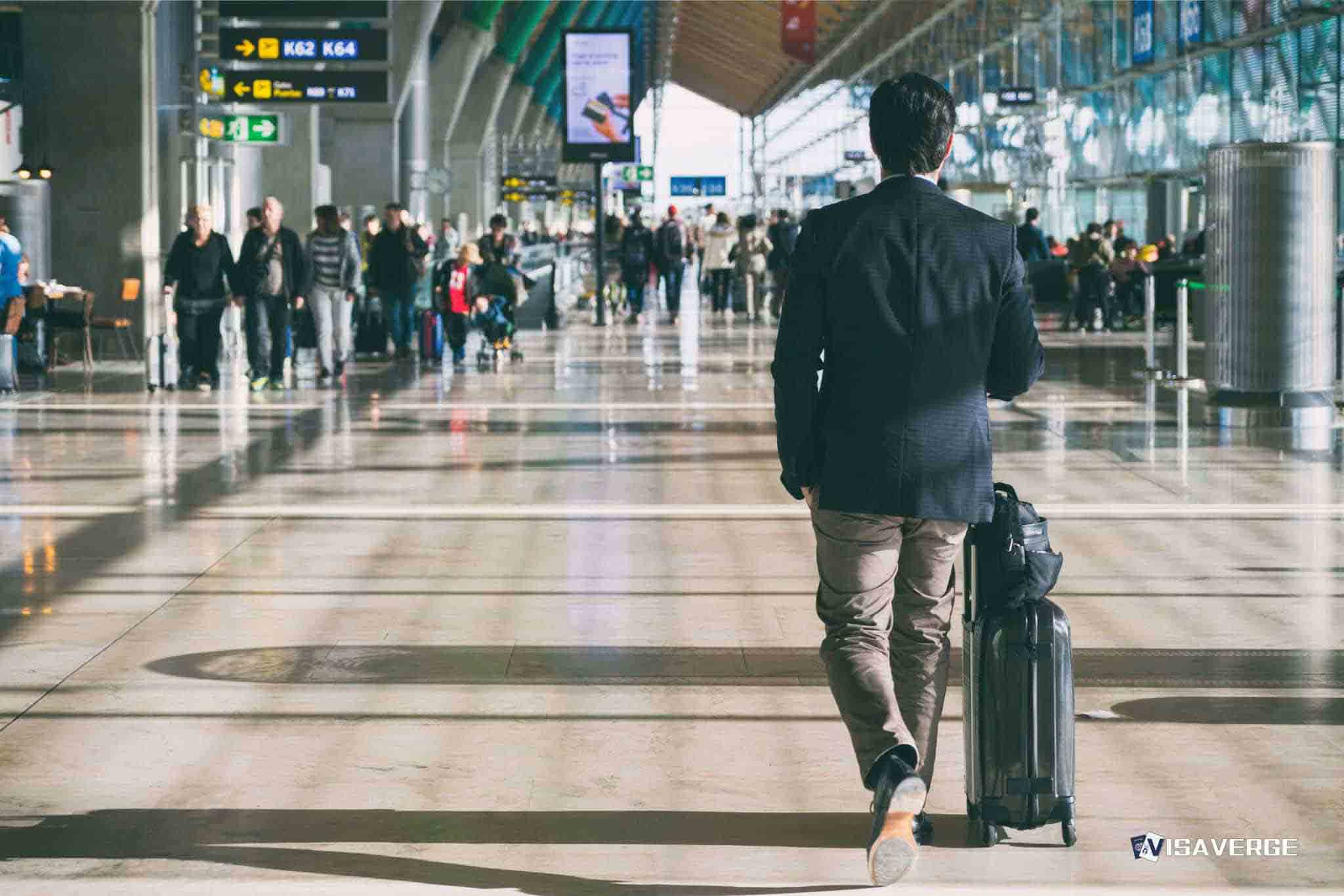
American Airlines Flight AA-1774 was on its way from Dallas-Fort Worth to Charlotte when trouble began. The passenger, who was sitting in first class, had been drinking Jack Daniels during beverage service. Soon after, witnesses say she was clearly drunk and started acting in ways that concerned both crew members and other travelers.
First, she fell into the aisle. When flight attendants tried to help her, she refused their assistance and became loud and angry. Her behavior quickly got worse. She threatened the crew, told them to get out of her way, and started using bad language. The situation reached a dangerous point when she tried to open one of the aircraft’s main doors while the plane was cruising at high altitude. This action put everyone on board at risk, as opening a cabin door during flight can have serious and even life-threatening effects.
As the crew stepped in to stop her, she began hitting a flight attendant on the head several times. Her aggressive actions continued, as she spat at, bit, and kicked the staff who were only trying to keep everyone safe. Eventually, the flight attendants had to use plastic handcuffs known as “flex cuffs” and even duct tape to restrain her. They placed tape over her mouth because she would not stop yelling obscenities. Despite these steps, she kept screaming until the plane landed.
When the plane arrived in Charlotte, law enforcement officers met the aircraft at the gate. Because the woman was still so aggressive—and even damaged her seat—officials had to remove all passengers before she could be safely taken off the plane. Medical personnel also had to step in and sedate her, meaning they gave her medicine to calm her down, before the police could escort her away.
The FAA’s Response: Record-Breaking Fine
Following the event, the Federal Aviation Administration moved quickly under its “zero tolerance” policy for bad behavior on flights. This policy started in 2021 as a response to a sharp increase in these sorts of incidents. The FAA decided to hold the passenger fully responsible by handing out a total fine of $81,950 (about Rs 70 lakh)—the largest ever of its kind for one person.
The fine was broken down into separate parts, each reflecting the severity of her actions:
- $45,000 for threatening, hitting, spitting at, kicking, and even headbutting the crew
- $27,950 for attempting to open the cabin door while the plane was in the air
- $9,000 for interfering with the crew while they did their jobs
These amounts add up to the final $81,950 figure. The size of the fine reflects not just the costs involved, but how seriously authorities are treating such dangerous behavior. As reported by VisaVerge.com, aviation leaders, airlines, and government officials agree that letting a drunk passenger threaten safety is simply not acceptable.
This case became a landmark. It set a new standard for what happens if someone puts lives at risk by refusing to act responsibly while traveling on an airplane.
Why This Matters: A Look at the Rise in Unruly Passenger Cases
The story of American Airlines Flight AA-1774 is not unique. Since regular air travel started up again after the pandemic, the number of reported bad-behavior incidents has grown quickly. The Federal Aviation Administration keeps track of these cases. According to its own public updates, fines against disruptive passengers on U.S. flights reached $1 million in just the first half of the year the policy was introduced.
The reasons behind this rise are widely debated. Some say it’s due to greater stress, new airline rules, or tensions over wearing masks. Whatever the cause, the results are clear. People acting out while flying can delay flights, put cabin crews and other passengers in danger, and even lead to forced landings or costly diversions. When flight crews have to focus on controlling a single unruly person, they are taken away from their main responsibility: keeping everyone safe.
American Airlines, like other major carriers, sets clear rules for travelers. These rules are detailed in its Conditions of Carriage, which explain what’s expected of every passenger. They also warn that anyone who breaks these rules—especially by attacking or threatening airline or security staff—may face serious consequences. Besides being fined, they risk bans from future travel and even civil or criminal charges.
What the Fine Means for Future Travelers
Travelers often ask what can happen if they or someone else acts in a dangerous or violent way on a plane. This case sets a clear example: the risks are real, the punishment is serious, and there could be life-changing effects.
Here are the main takeaways for passengers:
- Financial Cost: The fine in this case is larger than the price of a new car or a year’s salary for many people. The Federal Aviation Administration wants it to be a clear warning.
- Legal Trouble: Alongside the fine, aggressive behavior during a flight can lead to arrest on landing, a police record, and even jail. In some cases, travelers are banned from flying with certain carriers, either for a set period or for life.
- Physical Danger: Trying to open a cabin door during a flight or fighting with crew puts everyone in harm’s way. Panic, injuries, and loss of control in the air are the main worries for aviation experts.
- Wider Impact: When a single unruly person causes trouble, flights might have to land early at an unexpected city. This can ruin travel plans for hundreds of other passengers. Emergency landings are expensive and take up time and resources from law enforcement and medical staff.
This case shows that, starting from 2021, the FAA has moved away from warnings or minor punishments. With the new zero-tolerance approach, anyone who is violent, drunk, or threatening on an airplane risks huge financial and personal harm.
Crew Members on the Front Lines
Airline flight crews are specially trained to handle problems in the air, but they depend on travelers to follow rules and behave calmly. The actions of the drunk passenger on American Airlines Flight AA-1774 tested those skills and showed just how hard this job can be. Crew members must often work quickly together to make sure dangerous passengers don’t cause harm to others. Sometimes, as this case shows, they use tools like flex cuffs or even duct tape to keep the situation under control until the plane lands.
Many airline workers say that while most flights are peaceful, the rise in disruptive passengers has made their jobs tougher. The effects go beyond physical harm—crew and fellow passengers can be left shaken or upset long after a flight is over. That’s why laws and airline policies back up crew actions when they have to use force to protect safety.
What Happens After an Incident Like This
Once a flight has landed and law enforcement arrives, several steps are followed:
- The disruptive passenger is removed, often after all other travelers have deplaned for their safety.
- If the person is violent or out of control, medical staff may sedate them before removal.
- Police arrest the passenger and may file charges, depending on what happened on board.
- The Federal Aviation Administration reviews reports from the flight crew, the airline, and law enforcement before setting any fines or penalties.
- The airline often bans the individual, either temporarily or permanently.
For many passengers, the trouble doesn’t end when they leave the plane. They may face civil lawsuits if someone was injured or if property was damaged, such as breaking a seat or destroying equipment.
Zero Tolerance: Sending a Message
The decision by the FAA to hand down such a large fine sends a strong message, not just to the passenger involved but to everyone who flies. Authorities want people to think twice before starting arguments, drinking too much, or ignoring crew instructions. They also want to show support for airline crews, making it clear that attacks against them while they work will not be taken lightly.
The goal is to keep air travel as safe as possible for everyone. When cabins are peaceful, attendants can focus on emergencies, medical needs, and general service, rather than coping with a drunk passenger.
The Role of Airlines and Passengers
American Airlines and other carriers continue to update their rules, inform travelers before takeoff, and offer training for cabin crews on how to handle these problems. They also rely on passengers to help by reporting odd behavior early or by offering support when crew members ask for quiet or cooperation.
Passengers are also reminded that being drunk can lead to poor choices. Not only does it increase the risk of accidents, but as seen here, it may result in fines and a criminal record.
Government Agencies Working Together
The Federal Aviation Administration, airline security, and local law enforcement all play key roles in keeping flights safe. The FAA tracks all reports of unruly passengers, and its enforcement has become tougher in recent years. If you want to see how the agency handles such cases, their official news updates are a good place to check for the latest information.
American Airlines follows government rules and its own strict guidelines for handling these problems, including working with police and medical staff on the ground. Everyone—from pilots and flight attendants to federal officers—works together to keep situations like this rare.
The Importance of Respecting Air Travel Rules
At the heart of cases like the one involving American Airlines Flight AA-1774 is a simple message: Respect the rules of air travel. Airline and government policies are not just there for order but to protect you and those around you.
If you cause harm during a flight—such as by being a drunk passenger, trying to open an airplane door, or attacking the crew—the consequences are severe. As more people take to the skies after the pandemic, both airlines and authorities want everyone to remember the risks and responsibilities that come with air travel.
In summary, this record-breaking fine from the Federal Aviation Administration should serve as a strong warning. Causing chaos as a drunk passenger on American Airlines or any other airline will not only leave you facing large fines but can also disrupt the lives of hundreds of others. The hope is that with clear punishments and better awareness, everyone can enjoy safer, more pleasant journeys in the future.
Learn Today
Federal Aviation Administration (FAA) → U.S. government agency regulating all aspects of civil aviation safety and enforcement.
Zero tolerance policy → FAA’s strict rule punishing any unruly or dangerous behavior on flights with severe fines.
Flex cuffs → Plastic handcuffs used by flight crews to restrain unruly passengers safely during flights.
Cabin door → Main exit door of an airplane; opening it mid-flight is illegal and dangerous due to cabin pressure.
Conditions of Carriage → Airline rules detailing passenger conduct, rights, and consequences for violations during flights.
This Article in a Nutshell
A drunk passenger on American Airlines Flight AA-1774 caused chaos and a record $81,950 FAA fine by threatening crew and attempting to open the aircraft door mid-flight in July 2021.
— By VisaVerge.com
Read more:
• FAA launches Environmental Impact Statement for new Nevada airport
• Hobby Airport flights delayed after power outage at FAA control tower
• FAA warns summer air travel may see more delays and disruptions
• FAA details major challenges at Newark Liberty International Airport
• Madison College and Wisconsin Aviation launch new FAA-backed training


